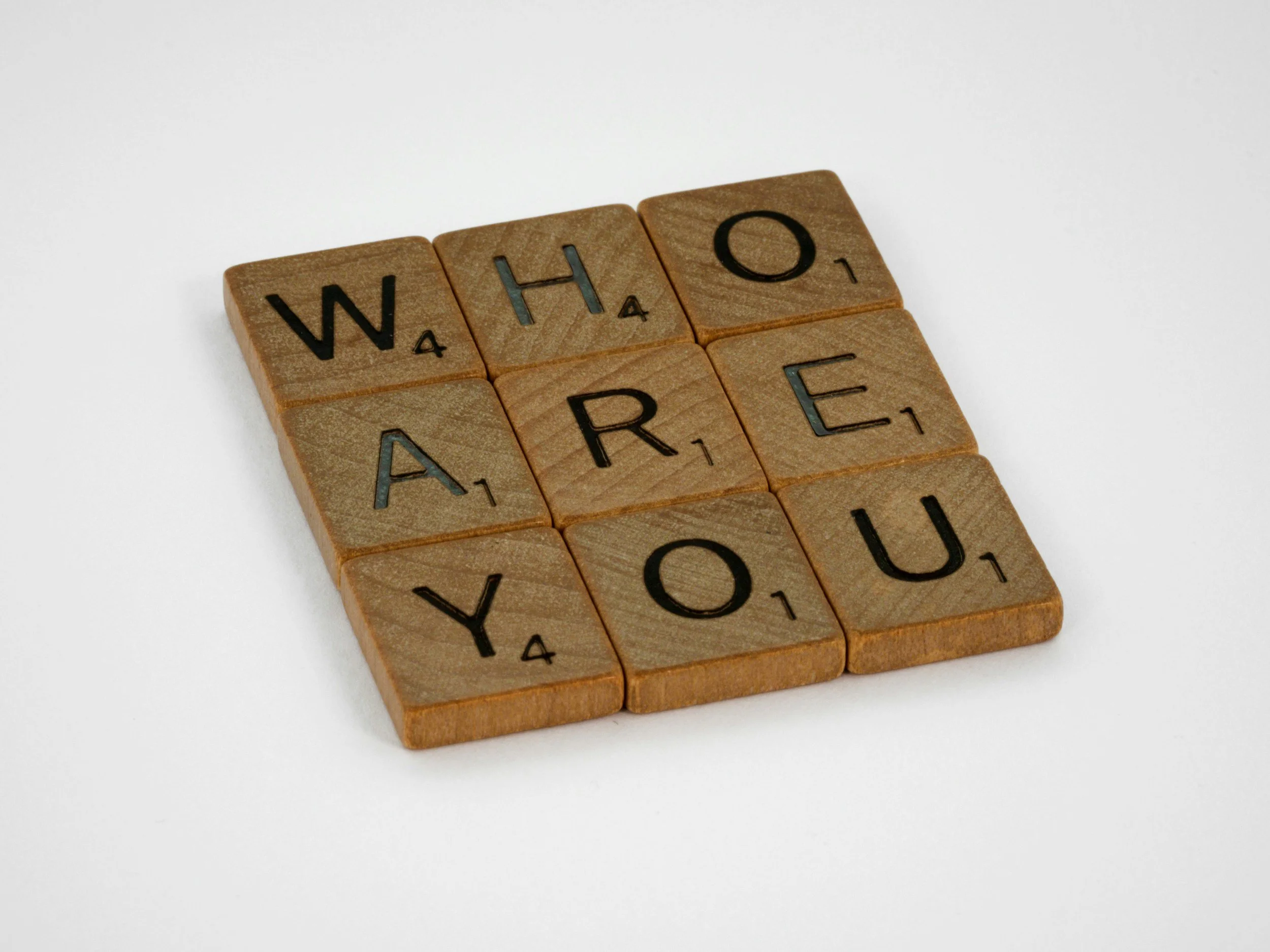Streaming Platforms and Parasocial Relationships: Alleviating Loneliness or Encouraging Unhealthy Bonds?
In the past decade, streaming platforms like Twitch have revolutionized how individuals consume media and interact with content creators. These platforms provide real-time access to streamers who broadcast their activities, ranging from video gaming and music to "Just Chatting" sessions where they talk directly to their audience. As these platforms have grown, so too has the development of parasocial relationships—one-sided relationships where viewers feel closely connected to a streamer, despite little or no reciprocal recognition from the content creator.
On one hand, these parasocial interactions can help alleviate loneliness and foster a sense of community for viewers who may otherwise feel isolated. On the other hand, the nature of parasocial relationships can sometimes lead to unhealthy attachment and dependency. This article will explore both sides of the argument, looking at how platforms like Twitch can both alleviate loneliness and, under certain circumstances, encourage unhealthy parasocial dynamics.
Understanding Parasocial Relationships
Parasocial relationships, a concept first introduced by social scientists Donald Horton and R. Richard Wohl in the 1950s, describe the psychological phenomenon where an audience forms an emotional bond with a media figure (e.g., a television host or radio personality) without any direct interaction. With the advent of digital media, these relationships have expanded significantly, becoming far more immediate and immersive.
Unlike traditional media, streaming platforms like Twitch allow for real-time interactions between streamers and their viewers through live chat, donations, and direct feedback mechanisms. This immediacy can blur the boundaries between a viewer and the streamer, creating the illusion of a more personal, reciprocal relationship. This unique blend of public performance and personal communication intensifies the parasocial experience, leading many viewers to feel emotionally connected and even invested in the lives of the streamers they follow.
Twitch and the Alleviation of Loneliness
Community and Belonging
One of the key reasons viewers flock to platforms like Twitch is to feel a sense of belonging. Twitch viewers can often experience feelings of social connection and community through these parasocial interactions. Viewers can join chats, participate in discussions, and feel part of a larger, like-minded group of fans. The idea of being "in the same room" with others who share the same interests can offer solace to people who are lonely, isolated, or unable to participate in traditional social spaces.
For instance, gamers, a large demographic on Twitch, may not always have easy access to offline communities that share their specific interests. By participating in streams and engaging with chat communities, they can foster a sense of camaraderie and shared experience. This community-driven interaction offers a meaningful social outlet, especially for those with limited opportunities for offline connection, such as individuals living in rural areas, people with social anxiety, or those who are physically disabled.
Streamer-Viewer Interaction
Another way in which Twitch helps mitigate loneliness is through the perception of intimacy fostered by the platform’s interactivity. Unlike traditional media forms (television, film, etc.), which are passive, Twitch enables viewers to interact directly with streamers via live chat, subscriptions, and donations, all of which may elicit a real-time response. These moments of acknowledgment, whether through a simple shout-out or an interaction during gameplay, create a sense of individual recognition. Even when the streamer may not know each viewer personally, these interactions provide a feeling of engagement that can help viewers feel less isolated.
Research highlights the fact that these interactions can mimic real-life social exchanges, leading to potentially positive emotional experiences. Even though the relationships are parasocial, the viewer can derive genuine pleasure and companionship from watching their favorite streamers and participating in the communal aspects of the streams.
The Potential Downsides: Unhealthy Parasocial Dynamics
Dependency and Emotional Investment
While Twitch can alleviate loneliness, the nature of parasocial relationships also carries the risk of fostering unhealthy emotional dependency. Viewers may begin to see streamers as close friends or confidants, despite little or no personal interaction. As the relationship remains one-sided, this dependency can lead to feelings of disappointment or abandonment when the streamer does not reciprocate or when their actions (such as going on hiatus) are misinterpreted as personal rejection.
Studies have shown that parasocial relationships can exacerbate feelings of loneliness in some cases, especially when viewers over-invest emotionally in their connection to a streamer. Those who form intense parasocial relationships may experience heightened feelings of loneliness and social anxiety when those relationships are disrupted or when they realize that their connection with the streamer is not reciprocal. Such situations can lead to emotional distress, and in extreme cases, may drive viewers to obsessively follow the streamer or engage in inappropriate behaviors such as online stalking.
Monetization and Exploitation
Streaming platforms often monetize these parasocial dynamics, with viewers contributing financially to support their favorite streamers through subscriptions, donations, or "bits" (Twitch’s currency). Some streamers offer exclusive content, shout-outs, or even private messages in exchange for monetary support, which can intensify the illusion of intimacy. While many viewers may engage in these exchanges as a way to show appreciation, others may begin to expect emotional reciprocation in exchange for their financial support, leading to a transactional dynamic that can strain mental well-being.
From the streamer’s perspective, there is also the risk of exploitation, where some may intentionally play into these parasocial dynamics for financial gain. Creating an aura of accessibility and intimacy might foster viewer attachment, but it can also lead to manipulative practices, where the viewer’s emotional investment is taken advantage of. Although not all streamers engage in such behavior, the potential for exploitation exists, particularly when streamers face the pressure of maintaining a certain level of interaction to sustain their income.
Social Substitution vs. Social Supplementation
Another concern is that parasocial relationships may serve as a substitute for real-life relationships, rather than a supplement to them. While engaging with streamers and online communities can offer social fulfillment, research suggests that relying too heavily on parasocial relationships can prevent individuals from seeking out meaningful offline interactions. This substitution effect can further alienate viewers from real-world relationships, as they may come to prefer the low-risk, low-effort nature of online interactions over the complexities of face-to-face socializing.
Parasocial relationships can potentially reinforce social isolation, particularly for those who already struggle with interpersonal relationships in their offline lives. When individuals immerse themselves in these digital communities, they may forgo opportunities for offline engagement, which can lead to a vicious cycle of isolation, dependency on the streamer-viewer relationship, and further withdrawal from real-world social experiences.
Finding Balance: Parasocial Relationships as a Double-Edged Sword
Parasocial relationships on streaming platforms like Twitch are neither inherently harmful nor universally beneficial—they exist on a spectrum that can lead to both positive and negative outcomes depending on individual circumstances and the way in which they are managed.
For many, these relationships serve as a valuable source of entertainment, connection, and community, providing a sense of belonging that might otherwise be lacking in their lives. Streamers, through their authenticity, humor, or relatability, can offer a form of companionship that helps viewers feel seen and valued, if only for a fleeting moment. On the other hand, when viewers invest too deeply in these one-sided relationships or replace real-life interactions with parasocial bonds, the emotional consequences can be detrimental.
Simply Put: Navigating the Parasocial Landscape
Streaming platforms like Twitch are reshaping the ways people connect and consume content, offering new opportunities for socialization and community-building. However, they also present unique challenges, particularly when it comes to the development of parasocial relationships. While these relationships can provide comfort, they also require careful management to avoid unhealthy emotional dependency or exploitation.
The key lies in balance: viewers should recognize the limits of these relationships and strive to ensure that their online interactions supplement, rather than replace, real-world connections. Likewise, streamers and platforms must be mindful of the potential vulnerabilities in their audience, fostering a healthy online environment that promotes well-being over monetary gain or emotional manipulation.








